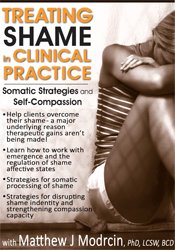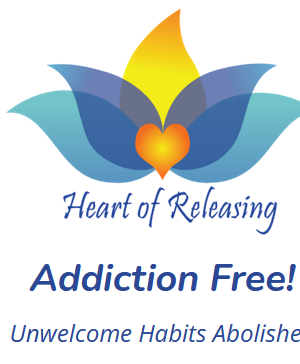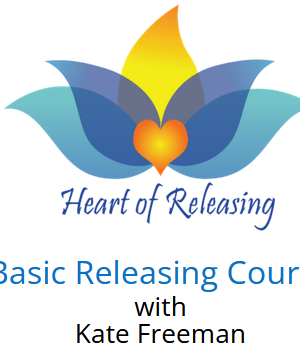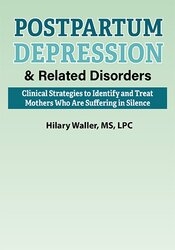Matthew J. Modrcin – Treating Shame in Clinical Practice
$219.00 Original price was: $219.00.$61.75Current price is: $61.75.
How often do you and your clients come to an impasse in the therapeutic process? Change appears stalled and your clients’ progress is limited – and for most of us in clinical practice, navigating this impasse is challenging.
Matthew J. Modrcin – Treating Shame in Clinical Practice
The Roots of Shame
- Interpersonal origins
- Developmental perspective
- Trauma perspective
- Affective-somatic perspective
The Therapist Shame Experience
- How clinical models can shame
- Barrier to creativity and relational presence
- Releasing the shame response
Shame and the Distortion of Self
- Shame-based identity
- Adaptive qualities
- Defense against connection
When Shame is Activated – Interventions for Working With:
- Affective processing
- Somatic processing
- Observing and entering the shame activation
Therapeutic Strategies
- Increasing tolerance of shame states
- Holding the emergence of affect
- Amplification of positive affects for connection
- Compassion modeling
- Managing enactment moments
- Transparency and self-disclosure
Engaging and Sustaining Self-Compassion
- Definitions
- Affective states
- Somatic states
- Narratives of self-compassion
- Set-backs and restorations
Additional Clinical Contexts
- Couples therapy
- Group therapy
Would you like to receive Matthew J. Modrcin – Treating Shame in Clinical Practice ?
Description:
- Help clients overcome their shame – a major underlying reason therapeutic gains aren’t being made!
- Learn how to work with emergence and the regulation of shame affective states
- Strategies for somatic processing of shame
- Strategies for disrupting shame identity and strengthening compassion capacity
How often do you and your clients come to an impasse in the therapeutic process? Change appears stalled and your clients’ progress is limited – and for most of us in clinical practice, navigating this impasse is challenging.
In this workshop you will learn how to identify and work with shame to restore the therapeutic alliance and re-engage the client in their process of change. Shame is not only a highly toxic affective state but also an embodied experience. In a constant state of vigilance against additional exposure to shaming events, the client is unable to access internal healing resources and is often reluctant to engage in therapy.
If you miss the tell-tale signs of shame, you not only rupture the therapeutic alliance – you’ll hinder any progress toward healing. Like me at one time in my practice, and like many others in our field, you have difficulty identifying shame, as the experience is often disguised as avoidance, rage, anger or sadness.
Leave the seminar armed with superior skills of seeing when shame is present, how it is adversely impacting the therapeutic alliance, and why progress has stalled – and give the client strategies to replace shame with self-compassion.
Be the first to review “Matthew J. Modrcin – Treating Shame in Clinical Practice” Cancel reply
Related products
Health & Medical
Health & Medical
Health & Medical
Health & Medical
Malka Stromer – Point of Care Ultrasound Course – Diagnose the Critical Issues Faster!
Health & Medical
Health & Medical













Reviews
There are no reviews yet.